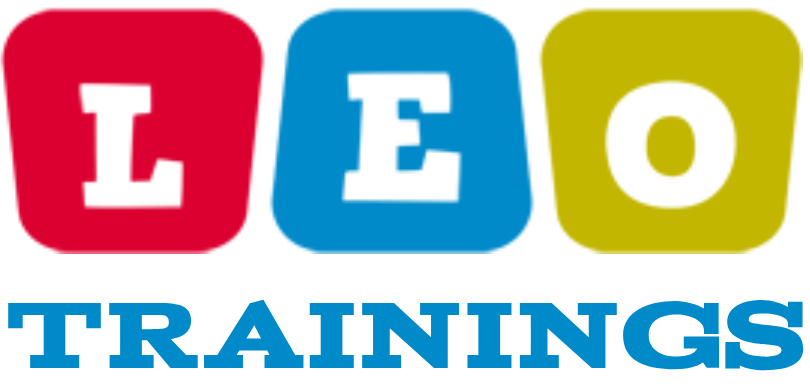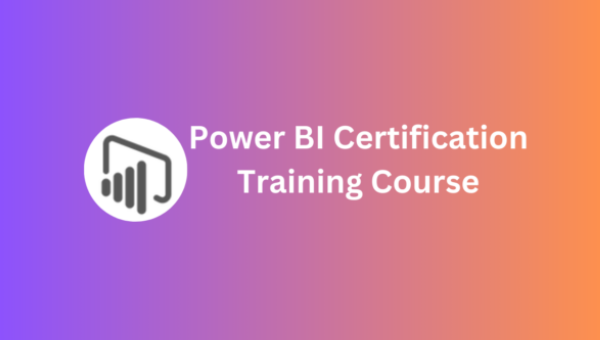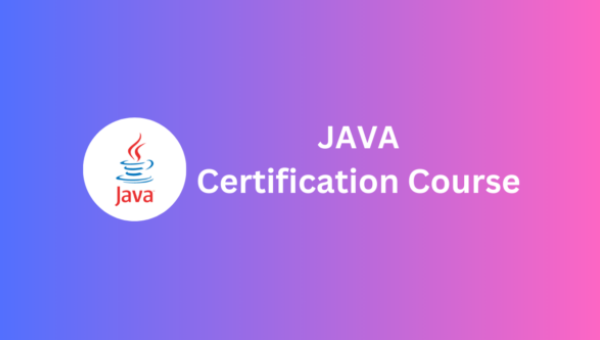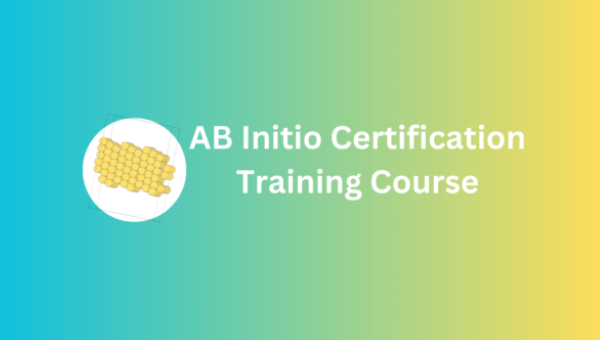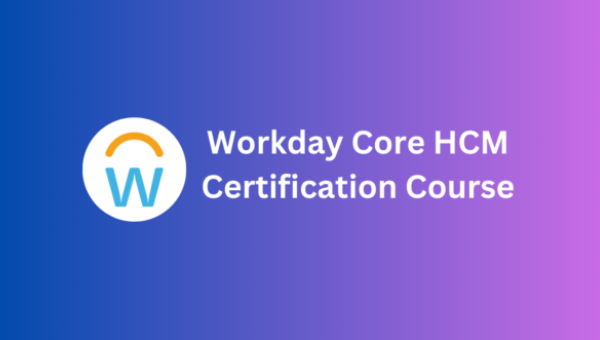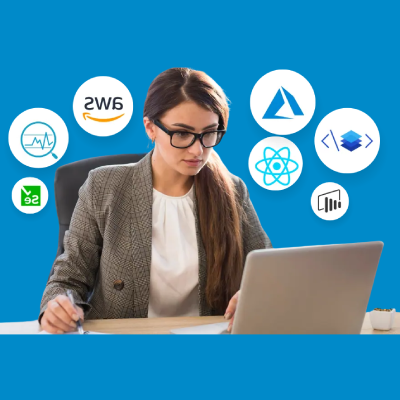- Home > Cloud Computing > Microsoft Azure
Microsoft Azure Data Engineering Training Course
- 1000+ Ratings
- Learn from the World's Best Faculty & Industry Experts
- Learn with fun Hands-on Exercises & Assignments
- Participate in Hackathons & Group Activities

4.8 ✰
Google Review

4.8 ✰
Review

4.8 ✰
Review

3486+
Students Trained
Key Highlights
- Live interactive sessions
- Certification Providing
- Available Self-paced Videos
- Career Services by Leo Trainings
- Live Projects, Questions & Quizzes
- Job Placement Assistance
- Live Classes With Industry Expert Faculty
- 24/7 Support
What Is Azure Data Engineering Overview
What Is Azure Data Engineering?
Microsoft Azure data engineering is one of the most in-demand and rewarding paths in cloud computing today. With the right training, certification (like DP-203), and hands-on experience, you can position yourself as a key player in the data revolution.
Azure Data Engineer focuses on:
Designing and implementing data solutions on Azure
Building data pipelines using Azure Data Factory
Creating enterprise-grade data warehouses with Synapse Analytics
Managing and securing data in cloud storage
Supporting real-time analytics and machine learning operations
Why Azure Is Leading in Cloud Data Engineering
Microsoft Azure has become a top choice for enterprises shifting to the cloud. With services like Azure Synapse Analytics, Data Factory, and Azure Databricks, it’s no wonder Azure is redefining how companies collect, process, and analyze data.
As more organizations go cloud-native, there’s a massive demand for data engineers who know how to work with Azure’s modern data stack.
Azure Services Core Skills Required
- Job Market Demand
- Career Advancement Opportunities
- Workday’s Role in HR and Finance
Azure Data Factory – for orchestrating data pipelines
Azure Synapse Analytics – for data warehousing and big data analysis
Azure Databricks – for machine learning and data science
Azure Stream Analytics – for real-time event processing
Azure Data Lake Storage – for scalable data storage
Tools and Languages to Master
- Enhancing Your Technical Skillset
- Enhanced Job Performance
- Increased Earning Potential
- Greater Job Satisfaction
SQL and T-SQL
Still the king of data languages. You’ll use it in almost every Azure service.
Python and Spark
Used in Databricks for transforming data, building machine learning models, and more.
Power BI for Visualization
Visualize insights from your Azure datasets. Easily integrates with Synapse and Data Factory.
Data Engineering Key Features
- Unified system for employee data and HR processes
- Employee and manager self-service portals
- Organizational charts and workforce planning
- Position and job profile management
- Variable pay, bonuses, and stock options tracking
- Benefits enrollment and administration
- Recruiting and applicant tracking system (ATS)
- Onboarding and offboarding workflows
- Performance management with goal tracking
- Career development and succession planning
- Learning management system (LMS)
- Salary structure and pay grades management
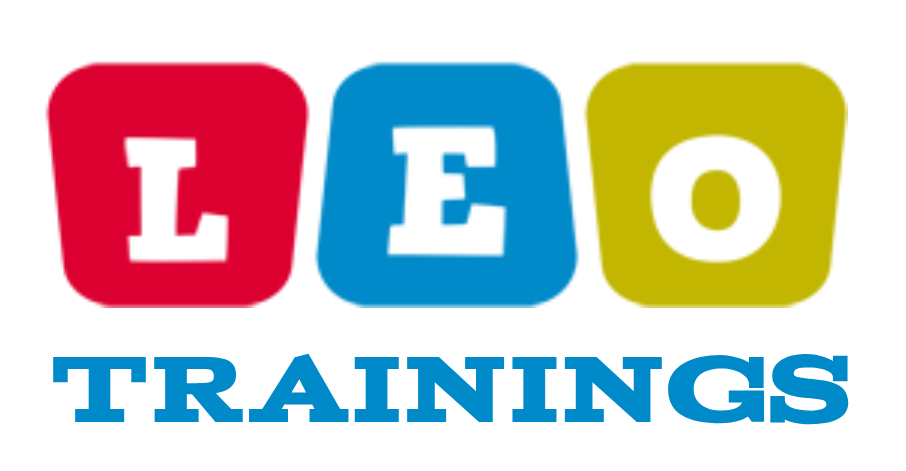
Flexible batches for you
Instructor-led Python Spark Certification Training using PySpark live online Training Schedule
Who Should Learn Data EngineeringTraining?
- HR Professionals
- Business Analysts
- Consultants
- Any Degree Commpleted
- IT professionals
- Software Testers
- Career & Job Seekers
- Finance Professionals
Whether you’re starting from scratch or pivoting from another tech role, Azure gives you the tools, flexibility, and scalability to thrive.
Training Options
Online Training
- Live online training from Certified Trainers
- Your Flexible Time and if are you interested next batch also give access
- 24x7 learner assistance and support
Batch Starting From
- 22nd Mar, Weekdays Batch
Corporate Training
- For Corporate Training from Certified Trainers with 12+ years experts
- Your Flexible Time and provide daily 4 to 8 Hours
- 24x7 learner assistance and support
Our Training Benefits
- As your requirement online or ofline
Self Paced Training
- Provide Self Faced With Life Time Acces
- Also provide material, if need access
- 24x7 assistance and support if have any doubt
Best Price And Quality Job Oriented Videos
- Contact Our team for more details
Career Services

- Career oriented Online sessions
- Job Or Placement Assistance
- Mock Interview And Resume Preparation
- Resume and Linked in Profile
- Exclusive Access Popular Job Portal
- One on One and Group Batches
Azure Data Engineer Course Curriculum
- Live Course
- Self-Paced
- Industry Experts
- Academic Faculty
Data Stores and Azure Data Lake Storage
Introduction
- Document data stores
- Columnar data stores
- Key/value data stores
- Graph data stores
- Time series data stores
- Object data stores
- External index
- Why NoSQL or Non-Relational DB?
- When to Choose NoSQL or Non-Relational DB?
- Azure Data Lake Storage
Data Lake and Azure Cosmos DB
Introduction
- Data Lake Key Concepts
- Azure Cosmos DB
- Why Azure Cosmos DB?
- Azure Blob Storage
- Why Azure Blob Storage?
- Data Partitioning
- Why Partitioning Data?
- Consistency Levels in AzureCosmos DB
Relational Data Stores
Introduction to Relational Data Stores
- Azure SQL Database
- Deployment Models
- Service Tiers
Why Use Azure SQL
Azure SQL Security Capabilities
- High-Availability and Azure SQL Database
- Azure Database for MySQL
- Azure Database for PostgreSQL
- Azure Database For MariaDB
- What is PolyBase?
- What is Azure Synapse Analytics (formerly SQL DW)?
Azure Batch
What is Azure Batch?
- Intrinsically Parallel Workloads
- Tightly Coupled Workloads
- Additional Batch Capabilities
- Working of Azure Batch
- Run a batch job using Azure Portal
Azure Data Factory
Introduction
- Flow Process of Data Factory
- Why Azure Data Factory
- Integration Runtime in Azure Data Factory
- Mapping Data Flows
- Transform data using Mapping data flows
Azure Data Bricks
Introduction
- What is Azure Databricks?
- Azure Spark-based Analytics Platform
- Apache Spark in Azure Databricks
Azure Stream Analytics
- Working of Stream Analytics
- Key capabilities and benefits
- Stream Analytics Windowing Functions
Monitoring & Security
- What is Azure Monitor?
- What data does Azure Monitor collect?
- What can you Monitor?
- Alerts in Azure
- Azure Security Logging & Auditing
Free Career Counselling
We are happy to help you 24/7
Why Workday Course From Leo Trainings
- Live Interactive Learning
- Expert-Led Mentoring Sessions
- World-Class Instructors
- Instant doubt clearing
- Lifetime Access
- Unlimited Access to Course Content
- Free Access to Future Updates
- Course Access Never Expires
- 24x7 Support
- One-On-One Learning Assistance
- Resolve Doubts in Real-time
- Help Desk Support
- Hands-On Project Based Learning
- Course Demo Dataset & Files
- Resolve Doubts in Real-time
- Quizzes & Assignments
- Industry Recognised Certification
- Graded Performance Certificate
- Leo Trainings Certificate
- Certificate of Completion
- One to One Mentorships
- Devise And Access Information
- Certified Instructors
- Platform Usage
Exam & Certification
What steps do I need to take to unlock the Leo Training certificate?
Starting as a complete beginner can be daunting. Although there are many tutorials, documentation, and pieces of advice available, it’s unclear how to begin and progress with learning
What is the Value of Leo Training's Online Training Certification?
Leo Training’s online training certification holds significant value for professionals looking to advance their careers and enhance their skill set. As online learning continues to grow in popularity, many professionals are turning to platforms like Leo Training to gain knowledge, develop expertise, and obtain credentials that validate their skills. But what exactly makes Leo Training’s online certification valuable? Let’s explore the key benefits and reasons why this certification can be a game-changer for your career.
Do you have any sample interview questions for Leo Trainings?
When preparing for an interview with Leo Trainings offering training programs, it’s essential to be ready for questions related to your experience, your understanding of the training, and your goals. Below are some sample interview questions you might encounter during a discussion with Leo Trainings:
What steps do I need to take to become a developer?
Becoming a developer can be an exciting and rewarding career path, but it requires dedication, learning, and hands-on practice. Whether you want to become a web developer, mobile app developer, or a software engineer, the steps you take will largely overlap. Here’s a step-by-step guide to help you become a developer:
What motivated you to choose Leo Training over other training providers?
Here, you can discuss why you believe Leo Training stands out—whether it’s their course offerings, certifications, flexibility, or your research on their credibility.
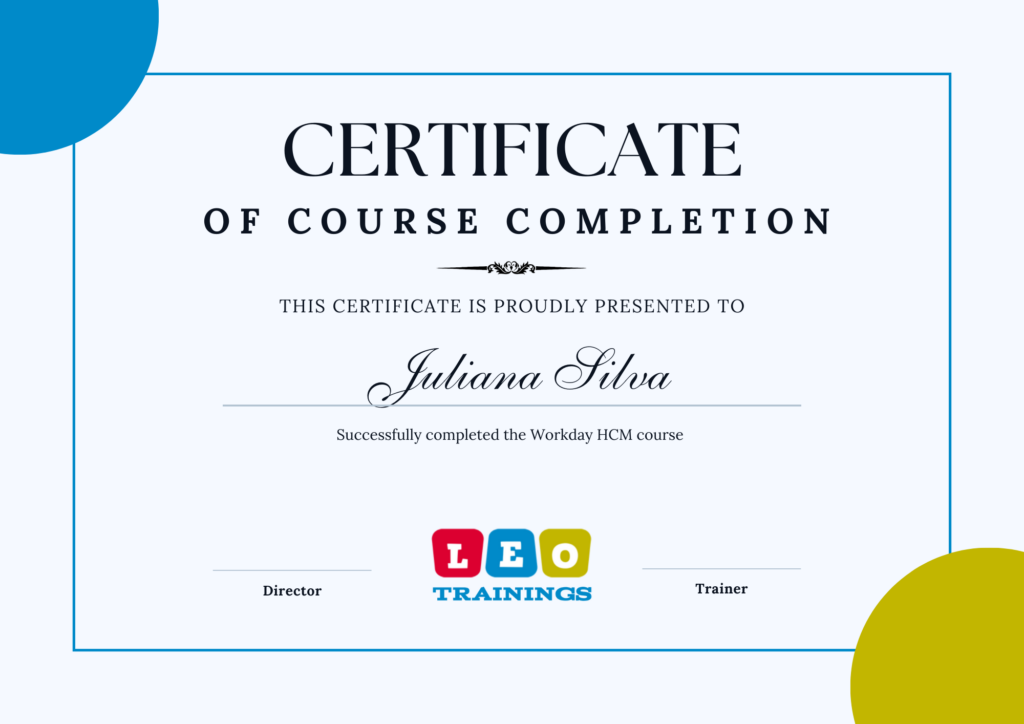
Frequently Asked Questions
1. How long does it take to become an Azure data engineer?
- With consistent study, hands-on practice, and real projects, you can be job-ready in 4 to 6 months.
2. Do I need prior Azure experience?
- No, but knowing Azure fundamentals (AZ-900) and data concepts (DP-900) helps a lot.
3. Can I switch to Azure from AWS or GCP?
- Absolutely. Many cloud concepts are transferable, and employers value multi-cloud experience.
4. What is the best training for beginners?
- Absolutely. Many cloud concepts are transferable, and employers value multi-cloud experience.
5. Is the DP-203 certification worth it?
- Yes! It’s recognized globally and opens doors to high-paying roles in top companies.
6. Why is Certification Important?
- Workday certification is an acknowledgment of your skills and expertise in using the platform. Certified professionals are often more attractive to potential employers and can command higher salaries.
